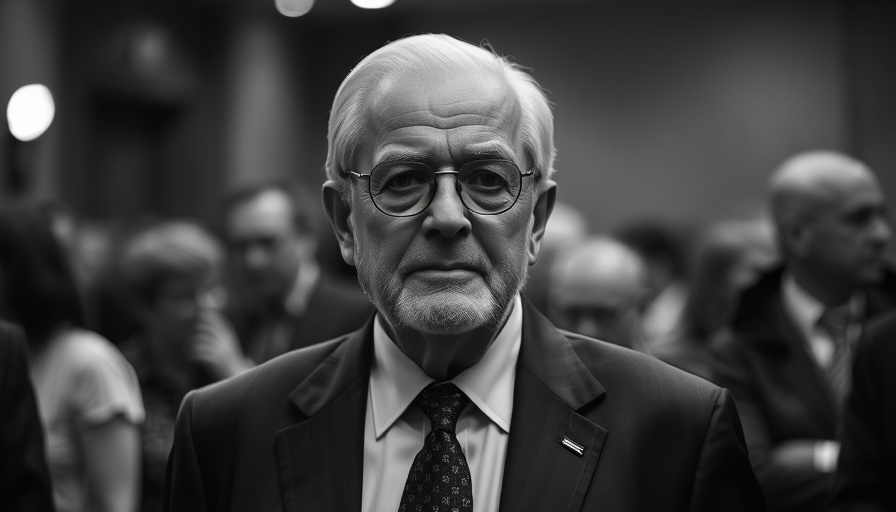
Your Guide to the Journey of Alberto R. Gonzales
Throughout the landscape of American politics, few figures have achieved a career as multifaceted and influential as that of Alberto R. Gonzales. Known for being the first Hispanic Attorney General of the United States, Gonzales's journey from the Air Force to the nation's highest law enforcement position represents a blend of personal resilience, professional excellence, and public service commitment. For law enforcement agencies and policymakers interested in understanding leadership in public safety, Gonzales's tenure reflects critical lessons in accountability, the implications of law enforcement strategies, and community trust.
Historical Context: Breaking Ground in Public Service
Born in San Antonio, Texas, on August 4, 1955, Gonzales’s rise began not far from the political heart of Texas. His educational pathway through Rice University and Harvard Law School laid a strong foundation for his legal acumen. Before his national spotlight, Gonzales served as General Counsel to Governor George W. Bush, marking the beginning of his intricate journey through various public service roles. His early contributions as Texas Secretary of State and later as a Justice on the Texas Supreme Court highlight a steadfast commitment to public service, a value essential in the realms of public safety, law enforcement, and community relations.
Insights on Data-Driven Policing: Lessons from Gonzales' Leadership
As Attorney General from 2005 to 2007, Gonzales was at the forefront of implementing various law enforcement initiatives that leaned heavily on data-driven approaches, aiming to enhance public safety nationwide. His leadership context gives insight into how policing strategies, such as predictive policing and crime analysis, can shape community safety and law enforcement operations. The lessons from his policies during his term are invaluable for today’s law enforcement agencies looking to balance effective crime prevention with community trust.
Community Engagement: The Role of Trust in Law Enforcement
A major aspect of Gonzales’s career is the emphasis on community policing initiatives. Trust between law enforcement and communities can be pivotal in implementing effective police tactics. His tenure reminds us how leadership requires not just enforcing the law but engaging sincerely with the community to understand its needs and concerns. Strategies that focus on crime hotspots through collaboration with community leaders have proven essential in fostering this trust and should remain a priority for modern policing.
Anticipating Future Trends in Law Enforcement
With advancements in police technology and crime analytics becoming more integrated into daily operations, Gonzales's foresight during his time as Attorney General positions him as a thought leader in continuing to evolve police strategies. Notably, current trends in crime data systems illustrate the importance of adapting to ongoing changes in crime patterns, requiring police departments to stay agile. Additionally, as crime monitoring is enhanced through data-driven methods, understanding potential community impacts will be key to ensuring these advancements are met with broad public support.
Actionable Insights: Implementing Gonzales's Lessons Today
For police departments and government policymakers aiming to enhance public safety and law enforcement efficacy, the insights from Gonzales's career can provide a strategic framework. Emphasizing accountability in police operations, investing in crime analysis tools, and fostering police-community relationships should be integral to contemporary policing models. By bridging the gap between policy and practice, law enforcement agencies can adapt these historical lessons into actionable strategies that meet current safety challenges.
In conclusion, reflecting on the life and career of Alberto R. Gonzales not only highlights his personal achievements but also presents a blueprint for today's law enforcement agencies. Embracing data-driven insights, prioritizing community engagement, and learning from historical trends can empower police departments to create safer communities. As such, it is an imperative step for all stakeholders in public safety to take these insights to heart in their operational strategies.
 Add Row
Add Row  Add
Add 

 Add Element
Add Element 




Write A Comment